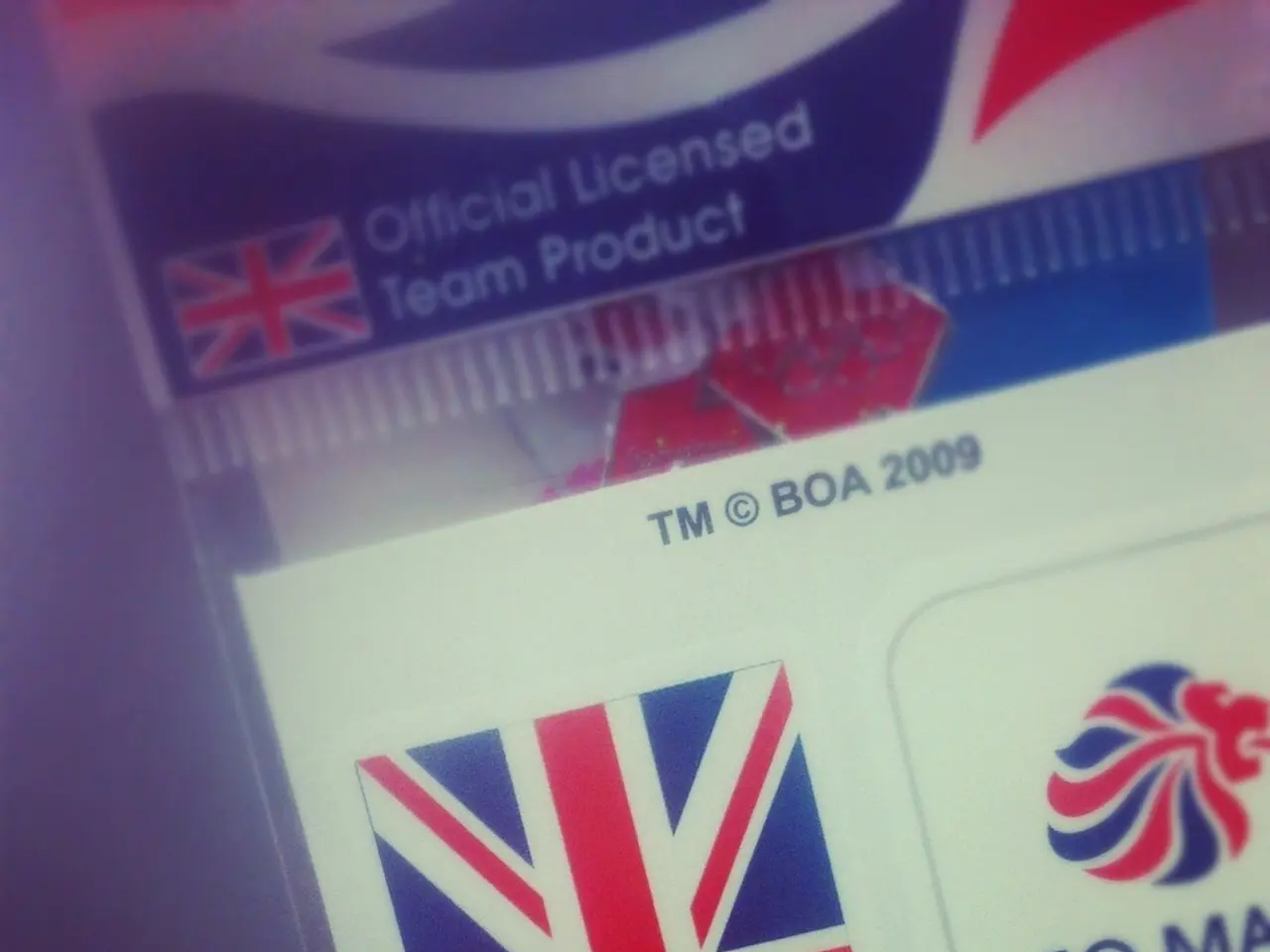Comprehensive Overview on Acquiring Email Lists
In the digital age, organizations are constantly seeking ways to expand their reach and improve advertising campaigns. One strategy that has proven effective is purchasing an email database. This article outlines key criteria for evaluating reputable providers, recommended providers, and how to vet an email database provider.
### Key Criteria to Evaluate Reputable Providers
To ensure effective marketing campaigns with strong legal compliance and high deliverability, it's essential to consider the following criteria:
1. **Legal Compliance**: Providers should adhere to major privacy regulations such as the European General Data Protection Regulation (GDPR) and the California Consumer Privacy Act (CCPA). They must demonstrate clear consent mechanisms for data collection and provide easy opt-out options. Transparency about data sourcing and compliance safeguards is crucial to avoid legal risks and reputational damage.
2. **Data Quality and Accuracy**: Opt for vendors that maintain verified and frequently updated email lists to minimize bounce rates and maximize inbox deliverability. Regular data cleaning to remove invalid or outdated addresses reduces wasted resources and improves campaign results. Look for providers offering real-time updates or automated cleaning features to combat data decay.
3. **Targeting and Segmentation**: Good providers offer segmented data by industry, location, job title, company size, and other relevant filters. This segmentation allows for personalized messaging, increasing engagement and conversion rates.
4. **Reputation and Transparency**: Choose vendors with a proven track record and positive user reviews. Look for transparent privacy policies and willingness to share how data is collected and maintained.
### Recommended Reputable Providers
Based on expert comparisons, some recommended providers include SMARTe, ZoomInfo, Hunter.io, Apollo.io, UpLead, Lead411, and Cognism. Each provider has its strengths and weaknesses, so due diligence is required for compliance and data quality.
### How to Vet an Email Database Provider
To ensure you're making an informed decision, consider the following steps:
- **Ask for Compliance Documentation**: Request proof of GDPR and CCPA adherence, including how consent is recorded. - **Conduct Sample Data Quality Checks**: Test a sample of emails for bounce rates and relevance before large investments. - **Verify Transparency**: The provider should be open about data sources and cleaning processes. - **Review Client Testimonials and Ratings**: Platforms like G2 and Capterra provide user insights into reliability and customer service. - **Test Opt-Out and Data Management Processes**: Make sure recipients can easily unsubscribe to maintain legal compliance and sender reputation.
In conclusion, by prioritizing providers like SMARTe and ZoomInfo, who combine large verified databases with robust privacy compliance, organizations can ensure effective marketing campaigns with strong legal compliance and high deliverability. Always conduct thorough due diligence, including data quality tests and legal checks, before purchasing or renting any email lists. This approach protects your brand reputation, enhances targeting accuracy, and supports successful email marketing outcomes.
Data-and-cloud-computing technology plays a significant role in the evaluation and selection of email database providers, as many providers now leverage cloud-based platforms for data storage and management.
Moreover, understanding the latest trends and advancements in technology can provide valuable insights when comparing different email database providers, helping organizations make informed decisions and achieve their marketing goals effectively.




